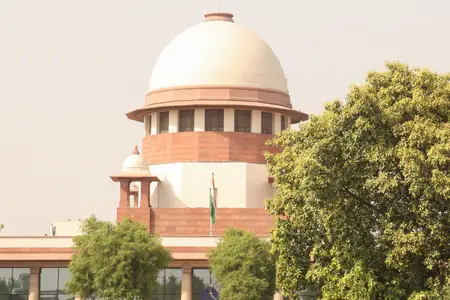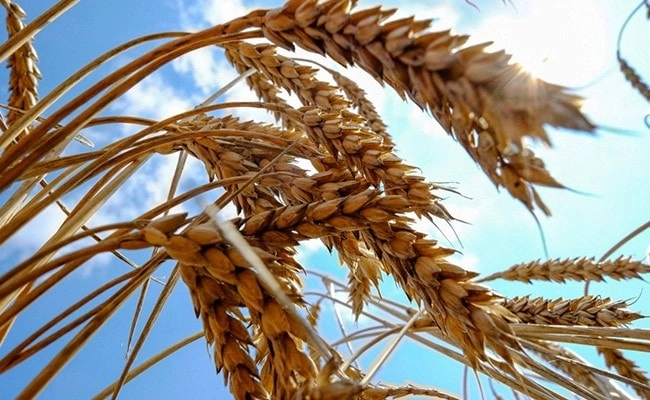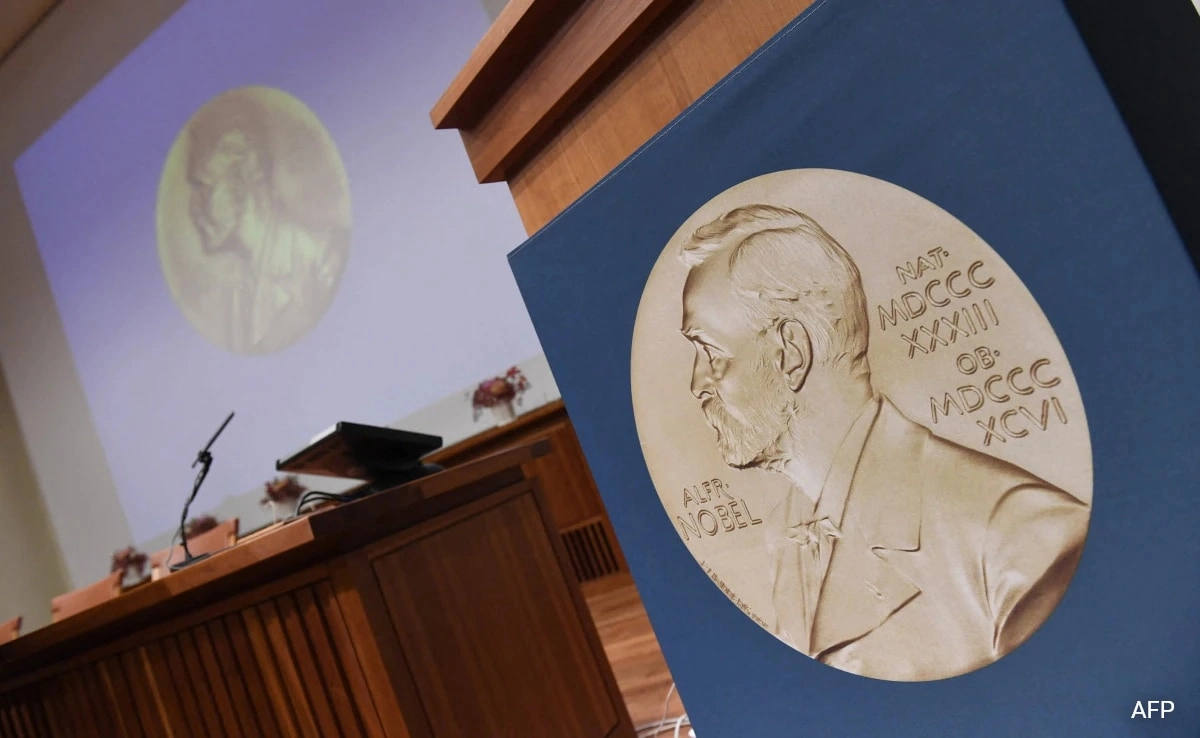National Security Advisor (NSA) Ajit Doval recently embarked on a significant diplomatic mission to Moscow, coinciding with escalating economic tensions between India and the United States. The backdrop of these meetings is the announcement of a staggering 50% tariff imposed by the U.S. on a range of Indian goods, a move that has raised concerns in New Delhi about the potential impact on trade relations and economic stability. Doval’s visit aims to reinforce India’s strategic ties with Russia while navigating the complexities of its relationship with the U.S. Amid these circumstances, Doval’s discussions in Moscow are expected to cover various pressing issues, including defense, counter-terrorism, and energy security, all of which are vital for India’s national interests.
The imposition of high tariffs by the U.S. has left Indian policymakers grappling with the implications for their economy. The potential for retaliatory measures or the need to seek alternative markets is a topic of considerable discussion in India. In this context, Doval’s meetings in Moscow take on heightened significance as they may pave the way for enhanced collaboration between India and Russia, particularly in sectors where the two nations have historically maintained strong partnerships, such as defense and energy. Strengthening these ties could serve as a counterbalance to the economic pressures exerted by the U.S., showcasing India’s ability to maneuver in a multi-polar world.
Furthermore, Doval’s visit underscores India’s commitment to diversifying its international partnerships. As India seeks to solidify its position on the global stage, maintaining robust relations with Russia is crucial, particularly given the latter’s strategic importance in areas such as military cooperation and energy supplies. The meetings could also facilitate discussions on regional security issues, including the situation in Afghanistan and counter-terrorism efforts, areas where both countries share mutual interests. Doval’s engagement in Moscow highlights the delicate balancing act that India must perform as it navigates its relationships with major powers, particularly amidst shifting geopolitical landscapes and economic challenges.
In conclusion, NSA Ajit Doval’s meetings in Moscow represent a critical moment for India as it addresses the implications of the U.S. tariffs while simultaneously seeking to strengthen its ties with Russia. This diplomatic engagement is not merely a response to economic pressures but a strategic maneuver to ensure India’s interests are safeguarded in an increasingly complex global environment. As the world watches, the outcomes of these discussions could have far-reaching consequences for India’s foreign policy and economic strategy in the years to come.




